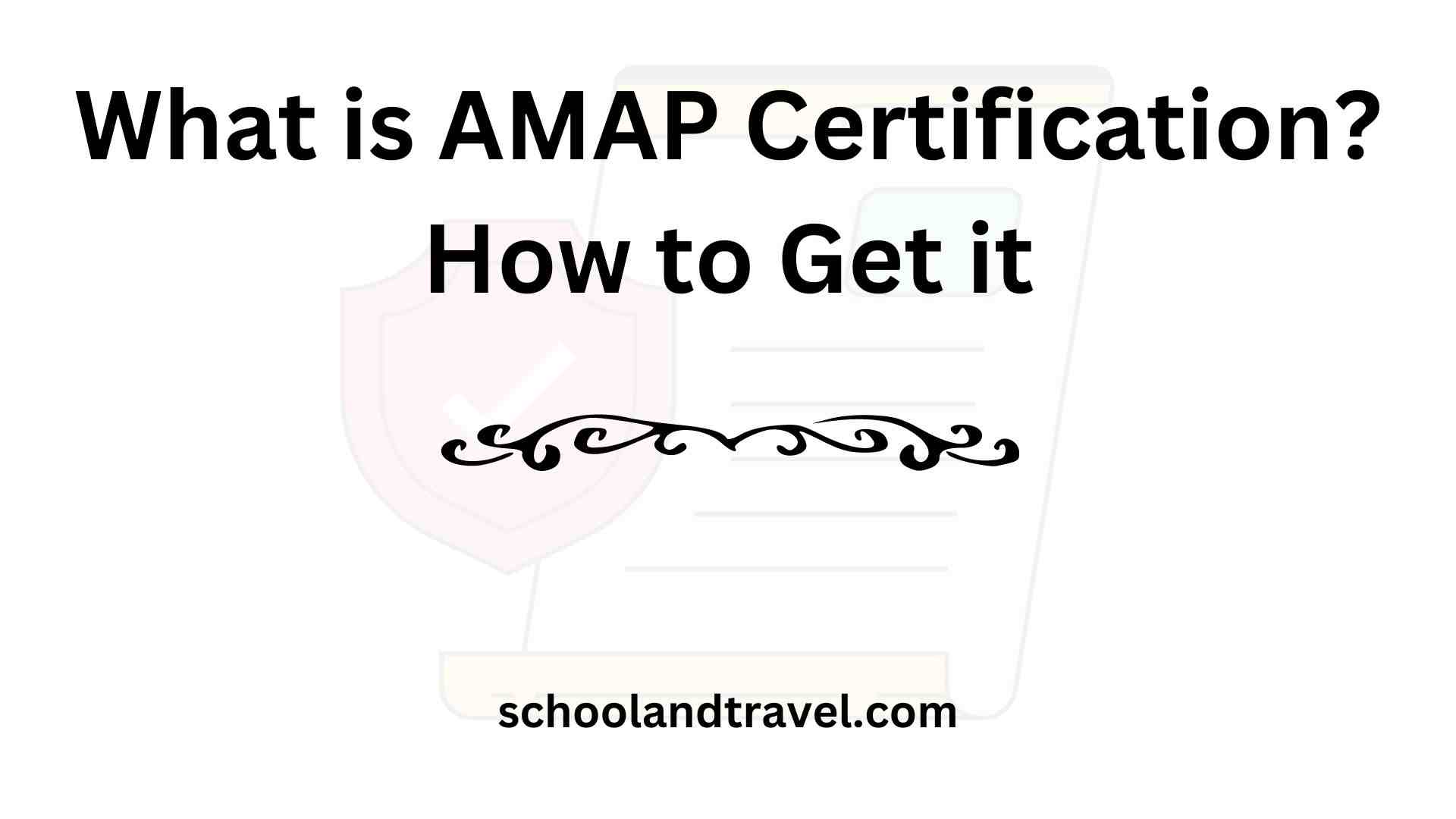“Apon” and “upon” are words in the English language that mean the same thing.
However, both of them are used in different contexts.
Many people believe that the word “apon” has become extinct.
This article will discuss the meaning of the two words and many other important pieces of information about “Apon” and “Upon.”
What Exactly is “Apon”?
Apon is an English word that is not very popular anymore.
When “Apon” is capitalized across a write-up, it may imply that it stands for “Applications Online,” “Acquired Pit of the Optic Nerve,” and several other things.
On the other hand, “apon” is a preposition that means the same as upon, but people used it more than 300 years ago.
This explains why you will probably find this word when reading ancient books, poems, and religious books.
What is “Upon”?
Upon is an official word that is used in place of “on,”, particularly in an abstract sense. It is an amalgamation of “up” and “on.”
Differences Between Upon And Apon
“Apon” is an ancient English word commonly used by people over three centuries ago.
On the other hand, “upon” is an English word used in place of “Apon” when making sentences in the present age.
This is the only dissimilarity between the two words, which have the same meaning.
Examples Of How “Upon” Is Used In A Sentence
- Once upon a time, we lived in uncertain days.
- The lion jumped upon the antelope.
- The military forces were upon them, and they had no way to defend themselves.
When To Use “Upon” Or “Apon”
The two words are prepositions, and it is advisable that one only uses them before noun phrases. Moreover, “upon” should always be used instead of “apon.”
However, if you want to make a sentence less official, use “on” in place of both “apon” and “upon.”
Alternative Words For Upon
Examples of words that can be used in place of upon are :
- Above.
- At.
- Against.
- After.
- Over.
- On.
Agreed Apon Or Upon?
Using “agreed apon” in a sentence over “agreed upon” at the moment is not a great choice. Nevertheless, rather than either of the two, use “agreed on.”
Frequently Asked Questions (FAQs) on Apon vs Upon
When describing one occurrence that is promptly followed by another, use upon.
‘Based on’
to attack someone
Upon is also used to mean ‘immediately after’.
Conclusion
It is very clear from this post that using “upon” is better than “apon.”
Although the two words have the same meaning, “apon” is probably an old English word that has gone out of use.
However, when engaging in less formal conversations, use “on” instead of either of the two words.
Awesome one; I hope this article answers your question.
Editor’s Recommendations:
- Dental Hygiene vs. Nursing (Diff, Simi, FAQs)
- Excel vs. Accel – Which is correct?
- Habit vs. Hobby (Difference between Habit and Hobby)
- exd vs. edX – What’s the difference?
- Plagiarism vs. Paraphrasing: What’s the Difference?
- Pupil vs. Student – Which is Correct?
- PA vs. MD (Meaning, Types, Functions, Similarities & Differences)
If you find this article good, please share it with a friend.





